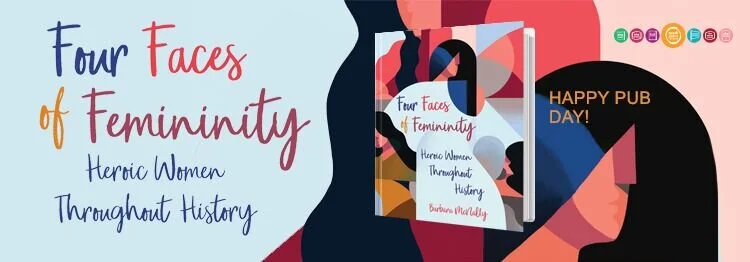As any spouse to an injured veteran will tell you, caregiving is a hard and thankless job. When someone you love is hurt or sick, most of your time and energy is poured into securing their needs, safety, and comfort. Volunteer caregivers don't get PTO or yearly bonuses, and although most would never dream of abandoning their wounded family members, working around-the-clock all year long can be draining.
The emotional challenges of caregiving are many and varied, and each military caregiver will grapple with different issues. But here are a handful of common ones, along with tips on how to manage them in healthy and productive ways.
WORRY
It's virtually impossible to care for a wounded spouse and NOT worry. When things are going well, you may fret about complications or difficulties in the future. When your loved one's health or recovery takes a turn for the worse, your worry kicks into overdrive causing you to imagine catastrophic outcomes.
Telling a caregiver not to worry is like telling them not to breathe: Unreasonable and counterproductive. So if you're looking after a wounded warrior yourself, try to keep any self-scolding to a minimum. But do remember that the act of worrying itself doesn't impact outcomes in any way. When you feel yourself getting sucked into a worry spiral, take action. Call a supportive friend, make a list of steps you can take to improve the situation, spend some time researching treatment options or resources. Redirect that worry energy toward productive activities.
RESENTMENT
Many caregivers fight hard against resentment, but it's a tough battle. If you've quit your job, rearranged your life, or given up favorite activities to focus on the needs of your wounded warrior, those sacrifices can chafe over time. And as friendships peter out and hobbies are cast aside, resentments may build.
Although this dark emotion can feel downright awful, it's also perfectly natural. Dwelling in resentment is unwise, but experiencing occasional surges is normal and no reason to panic or punish yourself. Instead, find safe spaces to vent–like in-person or online support groups–and discuss your feelings with others who will understand and withhold judgment. If those connections prove too hard to make, try journaling about your struggles. Sometimes just naming and claiming an emotion can force it to dissipate.
ANGER
Caregiver anger can come from so many sources: The unfairness of the situation, criticism from friends or family, an injured loved one becoming petulant or frustrated. Even lack of sleep or poor nutrition can push annoyance toward temper-tantrum territory.
So, for starters, take care of yourself and your own needs. Ensuring that you're well-rested, well-fed, and well-supported will help keep angry outbursts at bay. But also allow yourself to express anger when you can do so in non-explosive ways: Just saying aloud, “This makes me so angry!” can help others understand your reactions and help you self-soothe. Breathing deeply and counting to ten are both anger-management clichés, but they've reached cliché status for a reason: They really do work! Allow yourself a moment to pause, recognize your rage, and breathe through it before you say or do something you'll regret. Finally, if your anger has become a constant companion, seek counseling for yourself. Hostility and exasperation are natural reactions for caregivers, but won't help you or your wounded loved-one.
GUILT
Even caregivers who have literally dedicated their lives to the recovery and well-being of their injured veteran spouses often feel they “could be doing more.” Offhand comments from friends and family can fuel those flames, as can comparing your situation to that of other military families. Many caregivers become overwhelmed by guilt when they chose to take breaks, spend money on themselves, or do anything that resembles self-care.
But think for a moment: You're told to put on your own oxygen mask before helping others. Because if you aren't alert and capable, it's impossible for you to save (or care for) someone else. Never feel like taking steps to recharge your own battery is a selfish act. As a caretaker, you must allot some of your caring energy for yourself.
As for “doing more,” remind yourself that your resources are finite and you are likely your own harshest critic. When guilt hits hard, ask yourself if your expectations for yourself are realistic. Remember that perfection is impossible, and “good enough” will get the job done.
Again, all of these emotional traps are virtually impossible for military caregivers to avoid. But just because you fall in doesn't mean you can't climb back out again. Keep these tips on-hand, and remember to be patient and gentle with yourself. You're doing the best you can, and your loved one feels safe and loved because of your admirable, thoughtful, selfless actions.




